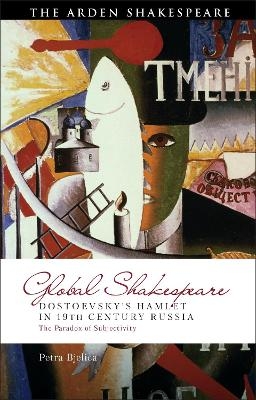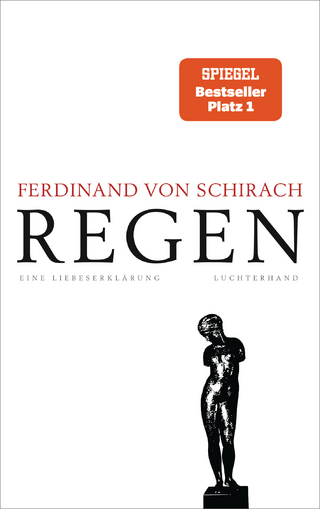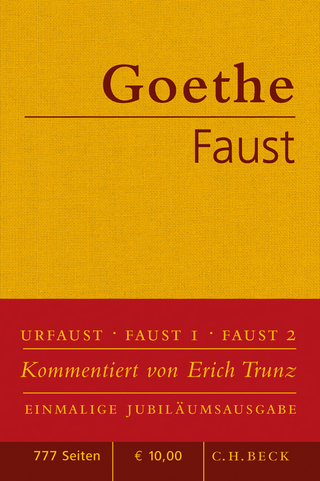
Dostoevsky's Hamlet in Nineteenth-Century Russia
The Paradox of Subjectivity
Seiten
2025
The Arden Shakespeare (Verlag)
978-1-350-45092-9 (ISBN)
The Arden Shakespeare (Verlag)
978-1-350-45092-9 (ISBN)
- Noch nicht erschienen (ca. Mai 2025)
- Versandkostenfrei innerhalb Deutschlands
- Auch auf Rechnung
- Verfügbarkeit in der Filiale vor Ort prüfen
- Artikel merken
Dostoevsky uses Hamlet to address some of the most important problems in Russian culture in the second half of the 19th century. Approaching Dostoevsky’s engagement with Shakespeare through a focus on his novel, Demons, Petra Bjelica considers the figure of Hamlet as it connects to Russian national identity, spirituality and cultural migration.
Bjelica argues that Russian Hamletism is a perfect example of how a literary phenomenon forms through a specific culture. She reads Dostoevsky’s use of Hamlet through the Tsarist government, the wide gap between the aristocratic, working and peasant class, and the educated intelligentsia of the period. Russian Hamletism is shown to reflect the hegemony of power as well as the intricate debates that arise via political, ideological and philosophical differences between Slavophiles and Westerners. The book touches on the translatability and universality of Shakespeare, his cultural hegemony and the ethics of appropriating the ‘other’ by exploring Dostoevsky’s highly original interpretation of Hamlet. Rather than just referencing the play, Dostoevsky’s engagement with opposing and contradictory elements of Russian Hamletism dramatize the Hamletian dilemma anew. By re-thinking literary transmission and the concept of source, the intertextuality of Shakespeare and Russian Hamletism in Dostoevsky finds new ground.
Bjelica argues that Russian Hamletism is a perfect example of how a literary phenomenon forms through a specific culture. She reads Dostoevsky’s use of Hamlet through the Tsarist government, the wide gap between the aristocratic, working and peasant class, and the educated intelligentsia of the period. Russian Hamletism is shown to reflect the hegemony of power as well as the intricate debates that arise via political, ideological and philosophical differences between Slavophiles and Westerners. The book touches on the translatability and universality of Shakespeare, his cultural hegemony and the ethics of appropriating the ‘other’ by exploring Dostoevsky’s highly original interpretation of Hamlet. Rather than just referencing the play, Dostoevsky’s engagement with opposing and contradictory elements of Russian Hamletism dramatize the Hamletian dilemma anew. By re-thinking literary transmission and the concept of source, the intertextuality of Shakespeare and Russian Hamletism in Dostoevsky finds new ground.
Petra Bjelica is an early career researcher and Marie Sklodowska-Curie fellow. She received her PhD from the University of Verona, Italy.
Introduction
Chapter 1: Dostoevsky and Shakespeare
Chapter 2: Dostoevsky and Russian Hamletism
Chapter 3: Dostoevsky and Hamlet: The Hamlet-ideologeme
Chapter 4: Dostoevsky’s Hamletian heroes
Chapter 5: Hamlet and Henry IV as hypotexts of Dostoevsky’s Demons
Conclusion
Index
| Erscheint lt. Verlag | 15.5.2025 |
|---|---|
| Reihe/Serie | Global Shakespeare Inverted |
| Verlagsort | London |
| Sprache | englisch |
| Maße | 138 x 216 mm |
| Themenwelt | Literatur ► Lyrik / Dramatik ► Dramatik / Theater |
| Geisteswissenschaften ► Sprach- / Literaturwissenschaft ► Anglistik / Amerikanistik | |
| Geisteswissenschaften ► Sprach- / Literaturwissenschaft ► Literaturgeschichte | |
| Geisteswissenschaften ► Sprach- / Literaturwissenschaft ► Literaturwissenschaft | |
| ISBN-10 | 1-350-45092-8 / 1350450928 |
| ISBN-13 | 978-1-350-45092-9 / 9781350450929 |
| Zustand | Neuware |
| Haben Sie eine Frage zum Produkt? |
Mehr entdecken
aus dem Bereich
aus dem Bereich
Der Tragödie erster und zweiter Teil. Urfaust
Buch | Hardcover (2021)
C.H.Beck (Verlag)
10,00 €


